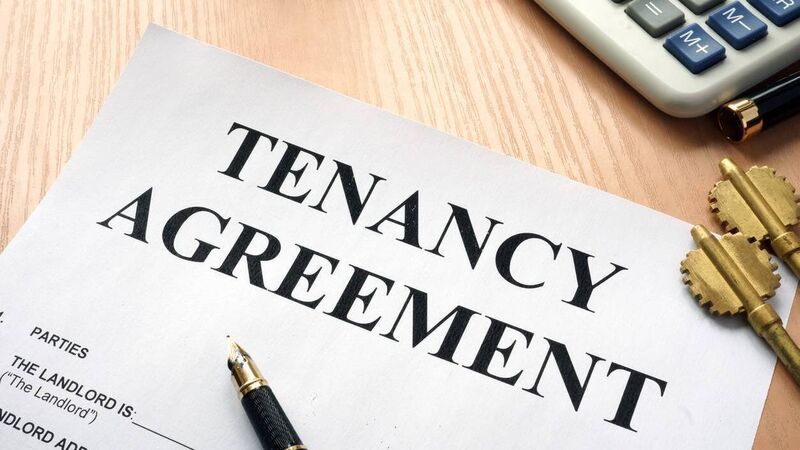Legal advice: How can I end a farm tenancy?

Terminating a lease can be a protracted, technical, and complicated process. Picture: iStock/Getty Images
Try from €1.50 / week
SUBSCRIBEDear Karen,
A number of years ago, I leased out farming lands that I had inherited from a relative. Whilst this arrangement was mutually beneficial for both parties at the time, I have become frustrated over the years by the unreliability of the tenant. After much consideration, I have made the decision to terminate the lease. What are my options when terminating a tenancy?
Already a subscriber? Sign in
You have reached your article limit.
Annual €130 €80
Best value
Monthly €12€6 / month
Introductory offers for new customers. Annual billed once for first year. Renews at €130. Monthly initial discount (first 3 months) billed monthly, then €12 a month. Ts&Cs apply.
Newsletter
Keep up-to-date with all the latest developments in Farming with our weekly newsletter.
Newsletter
Keep up-to-date with all the latest developments in Farming with our weekly newsletter.
Newsletter
Sign up to the best reads of the week from irishexaminer.com selected just for you.
Newsletter
Keep up with stories of the day with our lunchtime news wrap and important breaking news alerts.
Saturday, February 7, 2026 - 9:00 PM
Saturday, February 7, 2026 - 11:00 PM
Saturday, February 7, 2026 - 9:00 PM
© Examiner Echo Group Limited